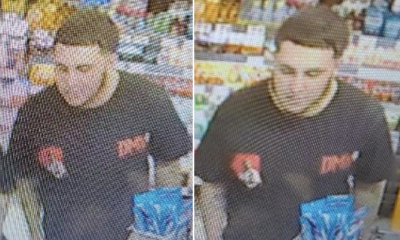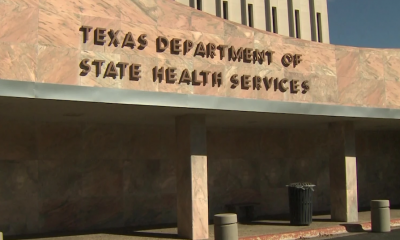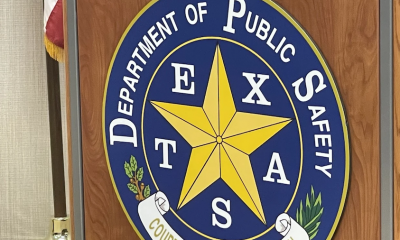COVID-19
2 doctors among dozens of North Texas medical professionals convicted in $18M pill mill scheme

FORT WORTH, TX — Forty-six people, including several medical professionals, are accused of taking part in an $18 million pill mill scheme, acting U.S. Attorney for the Northern District of Texas Prerak Shah announced Thursday.
All of the suspects were arrested in 2020 during “Operation Wasted Daze” which was conducted by the DEA’s Fort Worth Tactical Diversion Squad.
Officials said the lead operator, 61-year-old oncologist Caesar Mark Capistrano, faces multiple counts of conspiracy to dispense hydrocodone and possession with intent to distribute hydrocodone or carisoprodol.
“Pill mills funnel potentially deadly opiates onto our streets, wreaking havoc in communities beset by addiction,” said Shah.
According to evidence presented at three different trials earlier this year, Capistrano issued prescriptions for more than 524,000 doses of hydrocodone, 430,000 doses of carisoprodol, 77,000 doses of alprazolam, and 2.07 million doses of promethazine with codeine. This was over a nine-year span, officials said.
Capistrano’s associate, Dr. Tameka Lachelle Noel, 36, is also accused of writing illegal prescriptions. Authorities during over a seven-year span, Noel issued prescriptions for more than 200,000 doses of hydrocodone, 55,000 doses of carisoprodol, 14,000 doses of alprazolam, and 450,000 doses of promethazine with codeine.
The U.S. Attorney’s Office said both Capistrano and Noel knew these drugs were being diverted for illegal use on the streets. Federal officials released details about how the doctors would prescribe the drugs and how people pretended to be patients in an effort to get the pills.
According to authorities, Capistrano, Noel, and clinic manager Shirley Ann Williams, 48, used a group of recruiters to enlist people from the community and local homeless shelters to pose as “patients.”
The recruiters allegedly paid each posed patient about $50 to $200 to get the controlled substance prescriptions from Capistrano and Noel, according to investigators.
Those same recruiters then paid the clinic based in part on the number of drugs prescribed and then filled the prescriptions at various pill mill pharmacies. The drugs were then resold for illegal use on the streets, officials said.
The pharmacists charged the recruiters between $200 and $800 per prescription, and filled hundreds of prescriptions for a fee, according to evidence presented at trial.
Federal officials said many of the posed patients at the clinic were not seen by the doctors, but instead Williams, who doesn’t have a medical license or a DEA registration.
After talking with the posed patients, Williams would allegedly coordinate with Capistrano and Noel to prescribe the drugs without a legitimate medical purpose.
The U.S. Attorney’s Office said in order to make the prescriptions appear legitimate, the doctors would sometimes include prescriptions for other substances, such as antibiotics and mineral ice.
Federal officials said Capistrano and Noel often prescribed multiple medications at the same time, at the highest dosages available.
Authorities said Capistrano was convicted at trial on Jan. 28 of three counts of conspiracy to dispense a controlled substance and two counts of possession with intent to distribute a controlled substance.
He faces up to 100 years in federal prison, 20 years per count. His coconspirators also face up to 20 years per count of conviction.
Noel pled guilty on Nov. 16 to conspiracy to dispense a controlled substance and was sentenced to eight years federal prison.
Two days later, Williams pleaded guilty to conspiracy to disperse a controlled substance.
“The doctors, pharmacists, and clinic staff convicted in this case violated not only medical ethics but federal law as well,” said Shah. “We are proud to bring them to justice, and we remain committed to fighting the opioid epidemic where it matters most – at the point of entry.”










